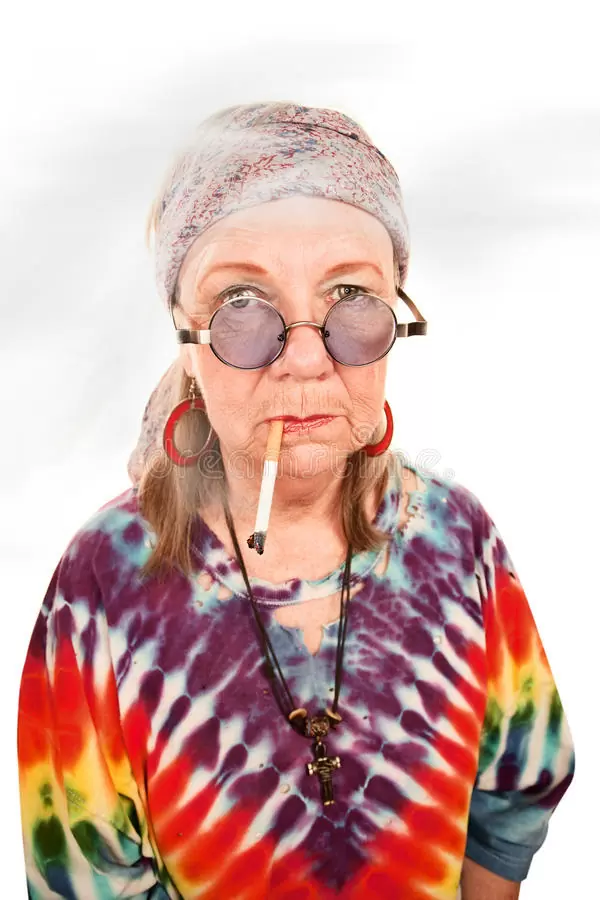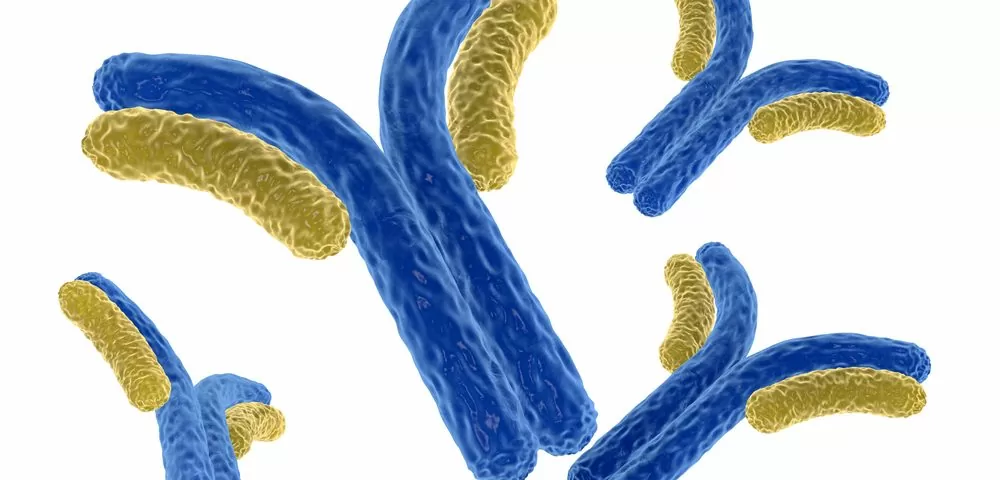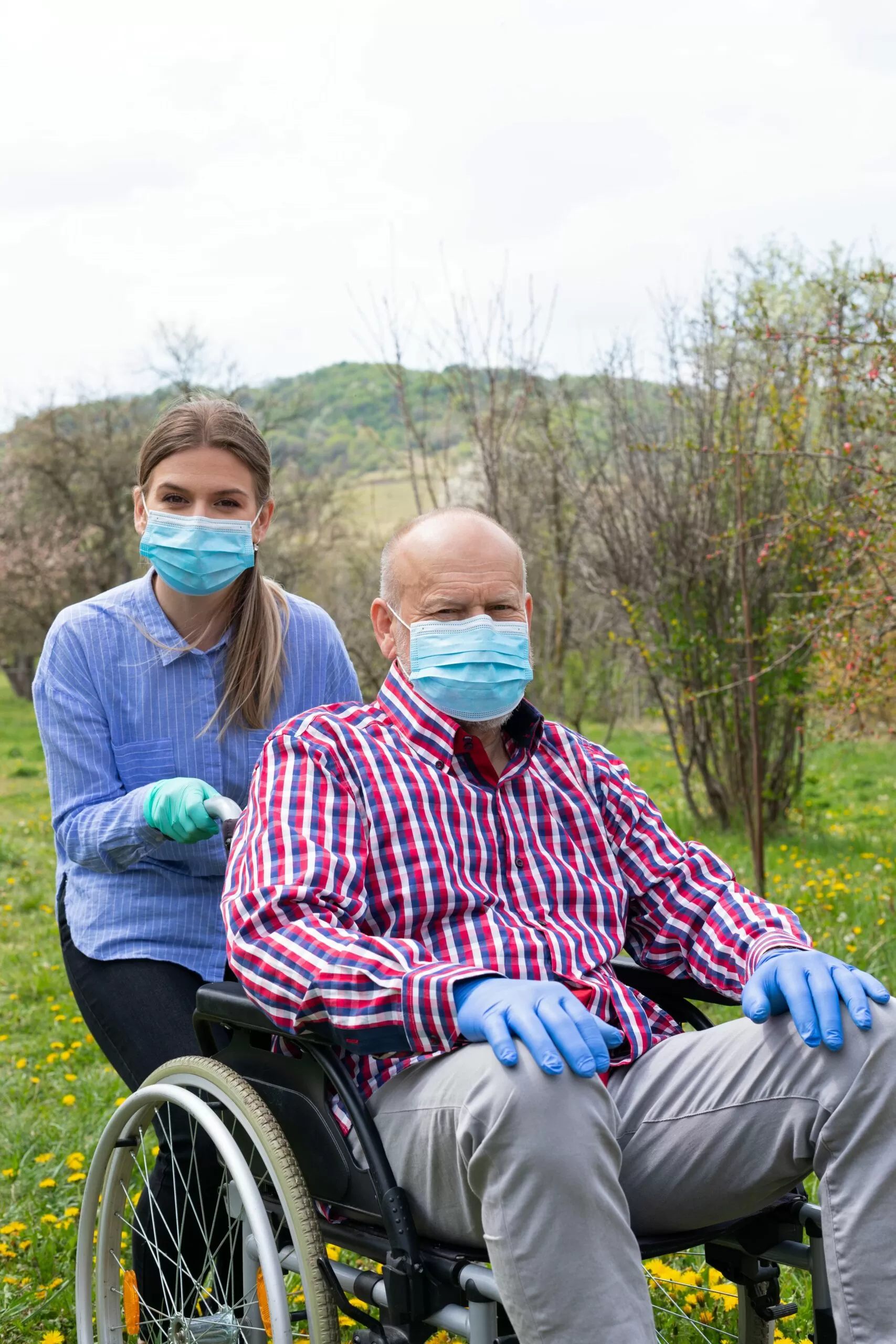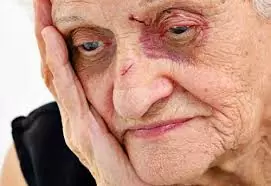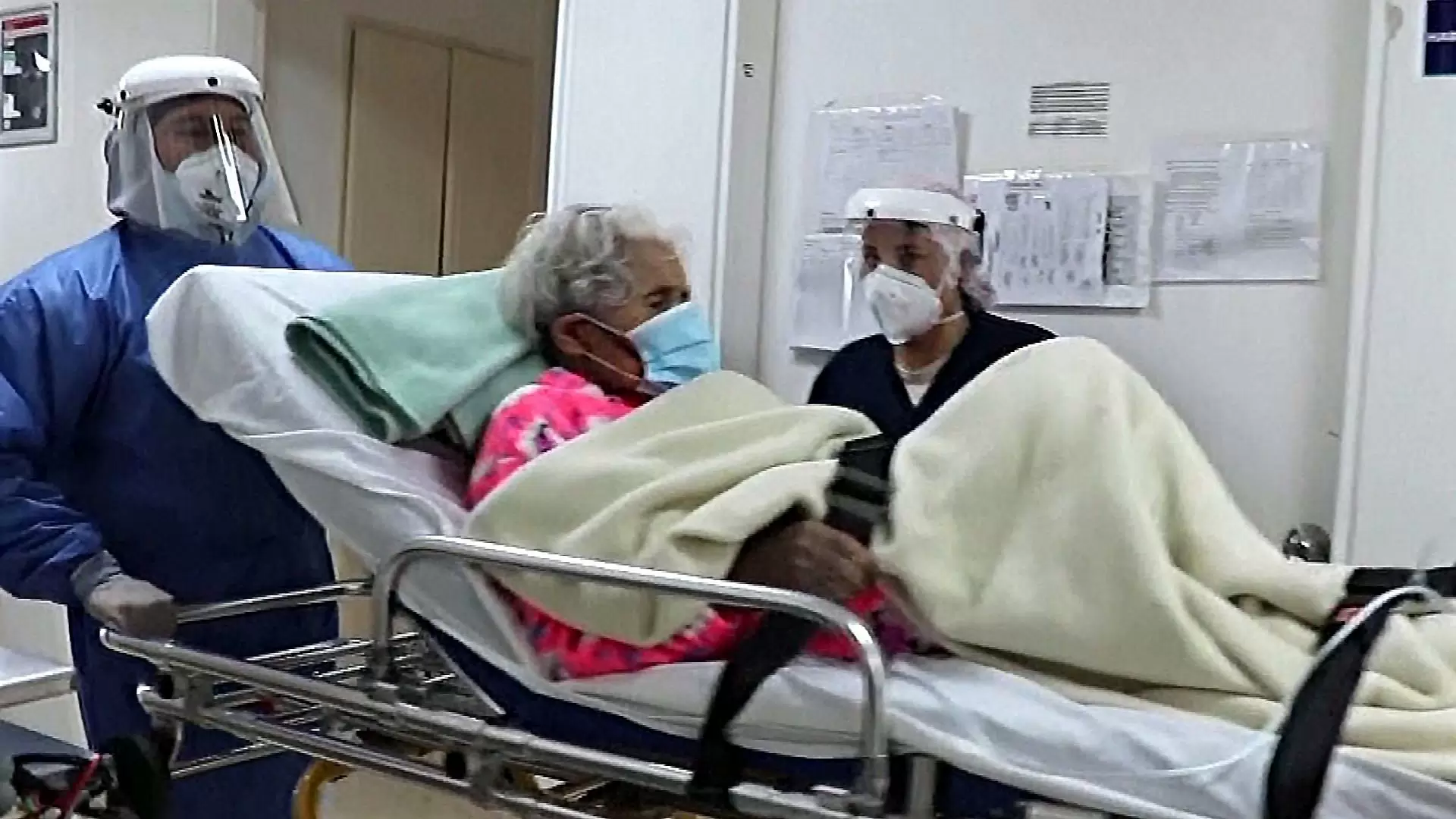In a 14:1 vote, a panel advising U.S. drug regulators said Eli Lilly & Company and its Chinese partner (Innovent Biologics) needs to conduct more studies on a proposed new lung-cancer drug called Tuvut before giving FDA approval. The panel was concerned about the tests done on the drug in China and said it had significant shortcomings and its results were not applicable to U.S. patients who would use the drug. This is due in part that the study participants didn’t reflect the diversity of the U.S. population and they also suggested that Innovent undercounted adverse events.
FDA officials have recently cited concerns about the quality of drug studies conducted largely in China and whether the results in Chinese patients are directly applicable to patients in the U.S. The most recent recommendation by the panel advising the FDA isn’t just a setback to Eli Lilly, but is likely a shot over the bow to let U.S. drug companies know that they need to more carefully screen their Chinese partners or they may risk having important drugs see a long delay before gaining FDA approval or even being denied FDA approval altogether.


